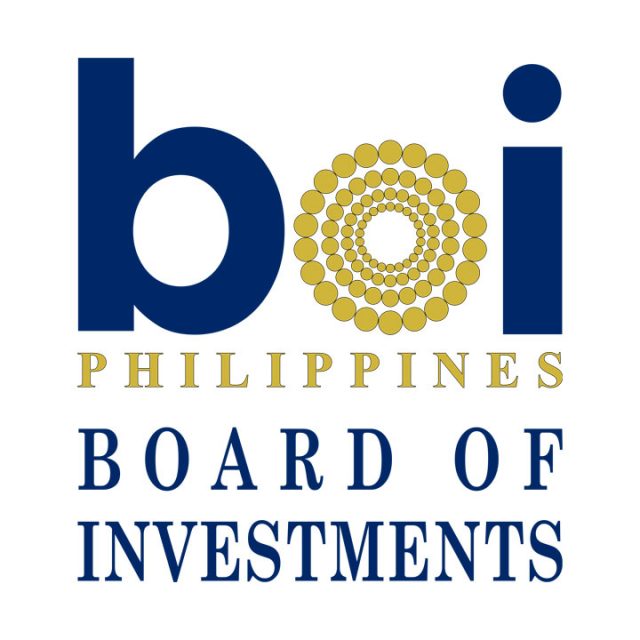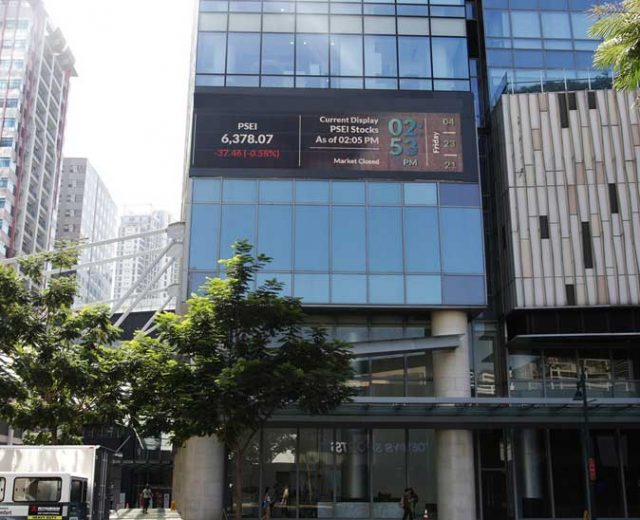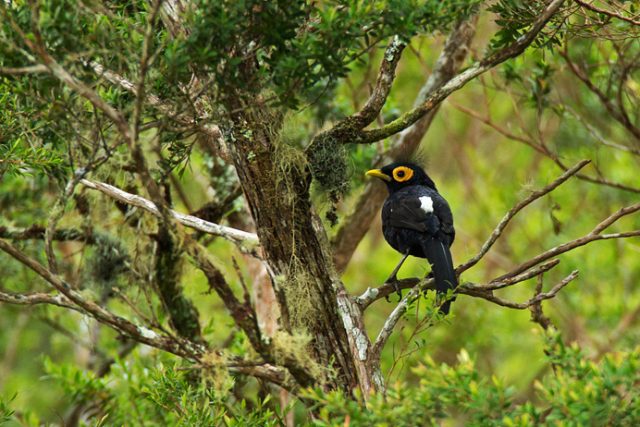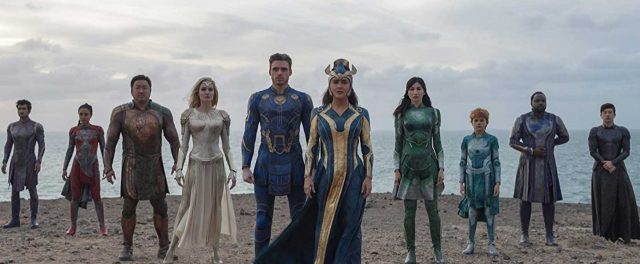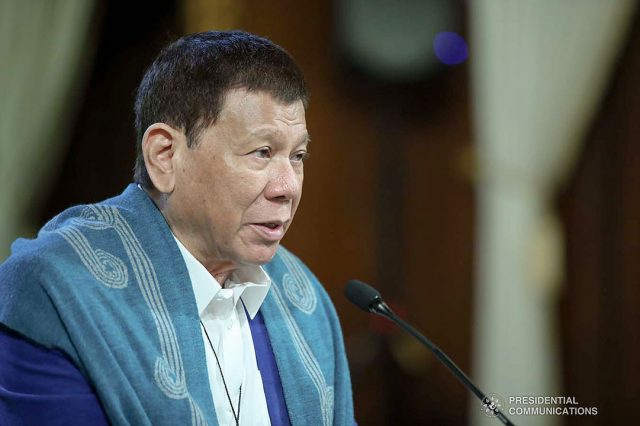KUALA LUMPUR — The central pledge of a planned new global nature pact — to protect 30% of the planet’s land and seas — is in doubt, with some biodiversity-rich nations refusing to commit because of jitters over funding and implementation, officials have warned.
A coalition of about 70 countries — including G7 wealthy governments — have already promised to conserve at least 30% of their land and oceans by 2030, a pledge known as 30×30, to help curb climate change and the loss of plant and animal species.
The 30×30 goal is part of a draft global treaty to safeguard plants, animals and ecosystems, due to be finalized next May at the COP15 nature summit in the Chinese city of Kunming, according to the UN Convention on Biological Diversity (CBD).
“Many countries are supporting it — but also many countries are not supporting it,” said Elizabeth Maruma Mrema, the CBD’s executive secretary.
“It is still very much for debate,” she told the Thomson Reuters Foundation, adding that effective management of a 30×30 goal would be key.
Improving protection of natural areas, such as parks, oceans, forests and wildernesses, is seen as vital to maintaining the ecosystems on which humans depend, and to limiting global warming to internationally agreed targets.
Dozens of nations pledged to do more to conserve nature and make farming greener at the COP26 UN climate talks this month.
Brian O’Donnell, director of the US-based Campaign for Nature, which is urging leaders to back the 30×30 pledge, said it was “perhaps the most supported target in the negotiations.”
There is broad scientific consensus that protecting or conserving at least 30% of land and oceans is the minimum needed to curb biodiversity loss and to reach climate goals, he added.
But the inclusion of the pledge in the final COP15 accord is far from certain, with improvements needed, said green groups.
“Like it or not, 30×30 will be one of the defining issues for COP15,” said Li Shuo, a policy advisor at Greenpeace China.
“The Kunming biodiversity summit will not be a success only with this target — but it will certainly not be seen as a triumph if without [it],” he added.
WAIT AND SEE
Southeast Asia covers just 3% of the Earth’s surface but is home to three of the world’s 17 “mega-diverse” countries — Indonesia, Malaysia, and the Philippines.
It is also the only region where a significant number of countries have yet to back the 30×30 goal, with only Cambodia signing up so far, said Mr. O’Donnell.
South Africa, meanwhile, has called for a much lower target of 20%, he added, while others like Argentina have questioned the science behind the flagship pledge.
On a more positive note, India is the latest country to commit to 30×30.
And at the first part of the COP15 talks, held online last month, host nation China announced a new national parks project that would bring 230,000 square km (88,800 square miles) of land under stronger state protection.
While China has yet to endorse the 30×30 pledge, the signs are that it may be getting ready to do so at the Kunming summit, said Linda Krueger, director of biodiversity at The Nature Conservancy.
Opposition to the 30×30 goal is largely linked to the challenges of putting it into practice, such as financing for developing nations, high population density, low levels of biodiversity and lack of domestic laws, environmentalists said.
But Ms. Krueger said she had only heard Brazil speak out against it clearly. “Many countries seem to be on the fence, and the support of others is conditioned on adequate financing being made available,” she added.
Some political leaders have yet to grasp the economic benefits of conservation, with many still relying on exploitation of natural resources to lift people out of poverty, green groups said.
Others are home to a large proportion of the planet’s biodiversity and want a protection target higher than 30%.
Despite these hurdles, there is significant momentum to land the 30×30 goal in the deal, said Susan Lieberman, vice president of international policy at the Wildlife Conservation Society.
Some countries are still studying how it would play out in their own contexts, she added.
“Many governments do not realize this is a global target and each country will contribute to achievement of the targets in different ways,” Ms. Lieberman said.
“Governments need to look not only at area-based conservation within their own territories, but at what their ‘footprint’ is globally,” she said, pointing to procurement of commodities like timber and fish.
NO PANACEA
There are also concerns the 30×30 target will threaten the rights of indigenous and local communities — and that new protected areas could dispossess those groups, said Guido Broekhoven, head of policy research and development at WWF International.
These are the very people who for generations have done the most to sustain, defend and restore biodiversity, he said.
The 30×30 pledge will be far more effective in halting and reversing biodiversity loss if protected areas are sited in the most important parts of the planet for biodiversity and ecosystem services, he noted.
That means achieving the target should be “a collective, global effort,” he added, calling for more financing.
Countries with relatively few suitable areas should contribute as far as they can to conservation efforts in other biodiversity-rich nations, Mr. Broekhoven said.
But 30×30 is not “a panacea,” he emphasized, adding that the goal will need to be complemented by reforms to ecologically harmful investment, agriculture and consumption.
“On its own, it will be insufficient to reverse the loss of nature,” he said. — Michael Taylor/Thomson Reuters Foundation

